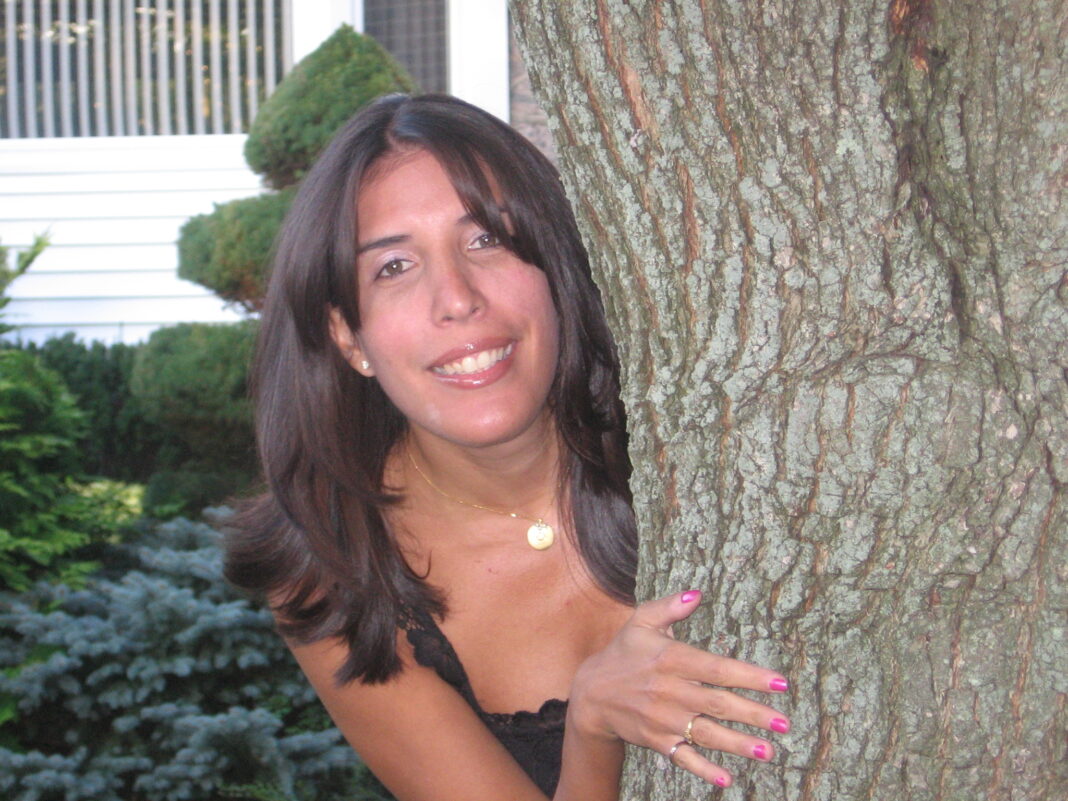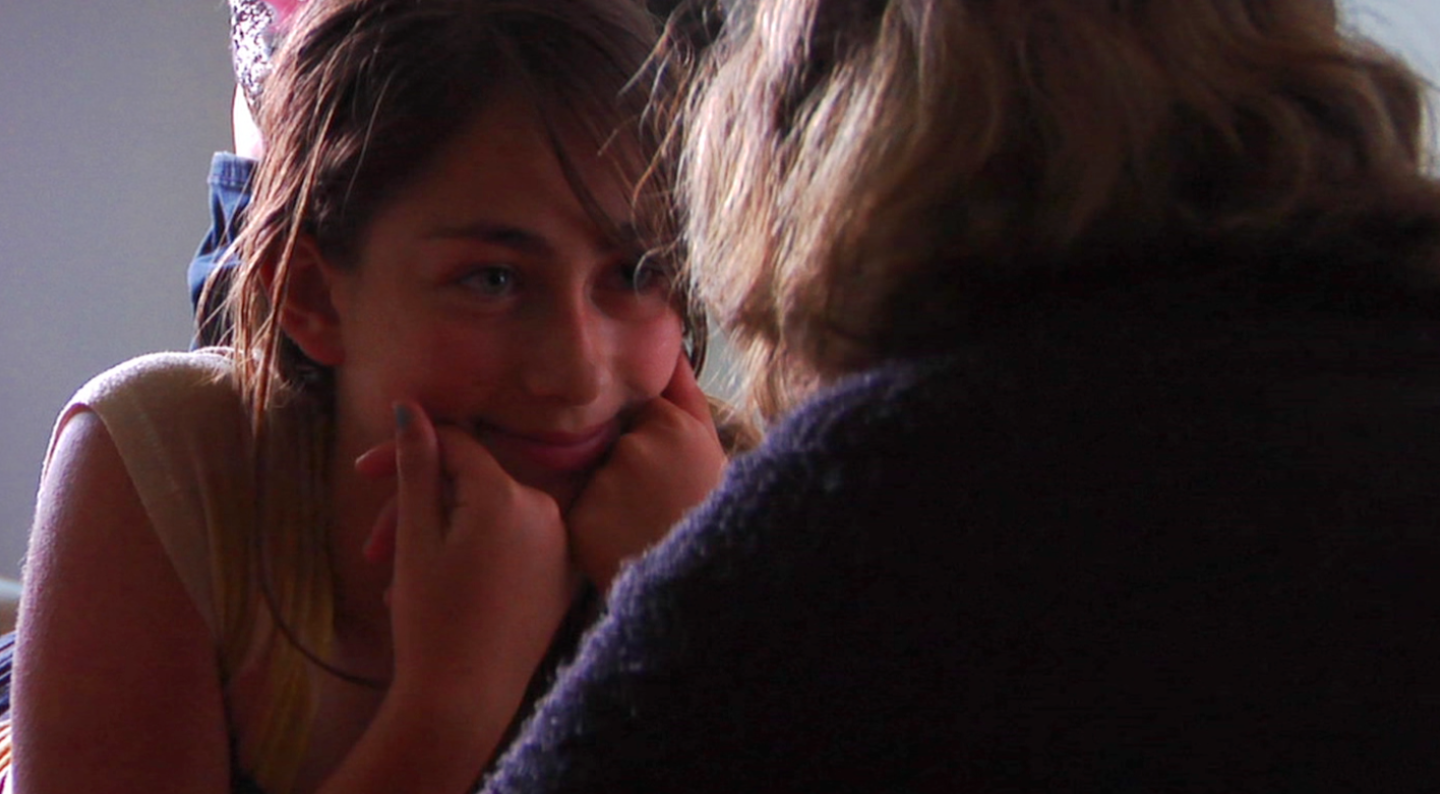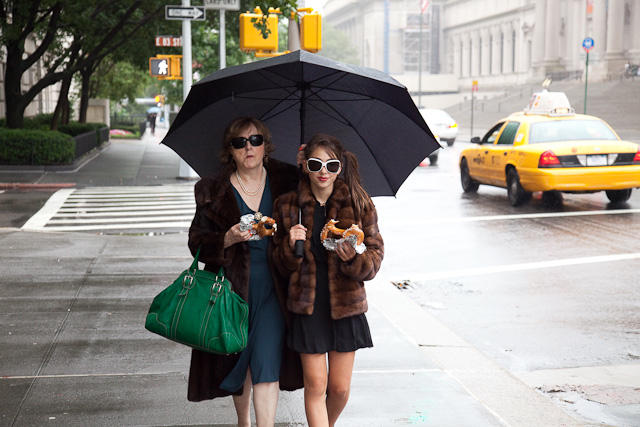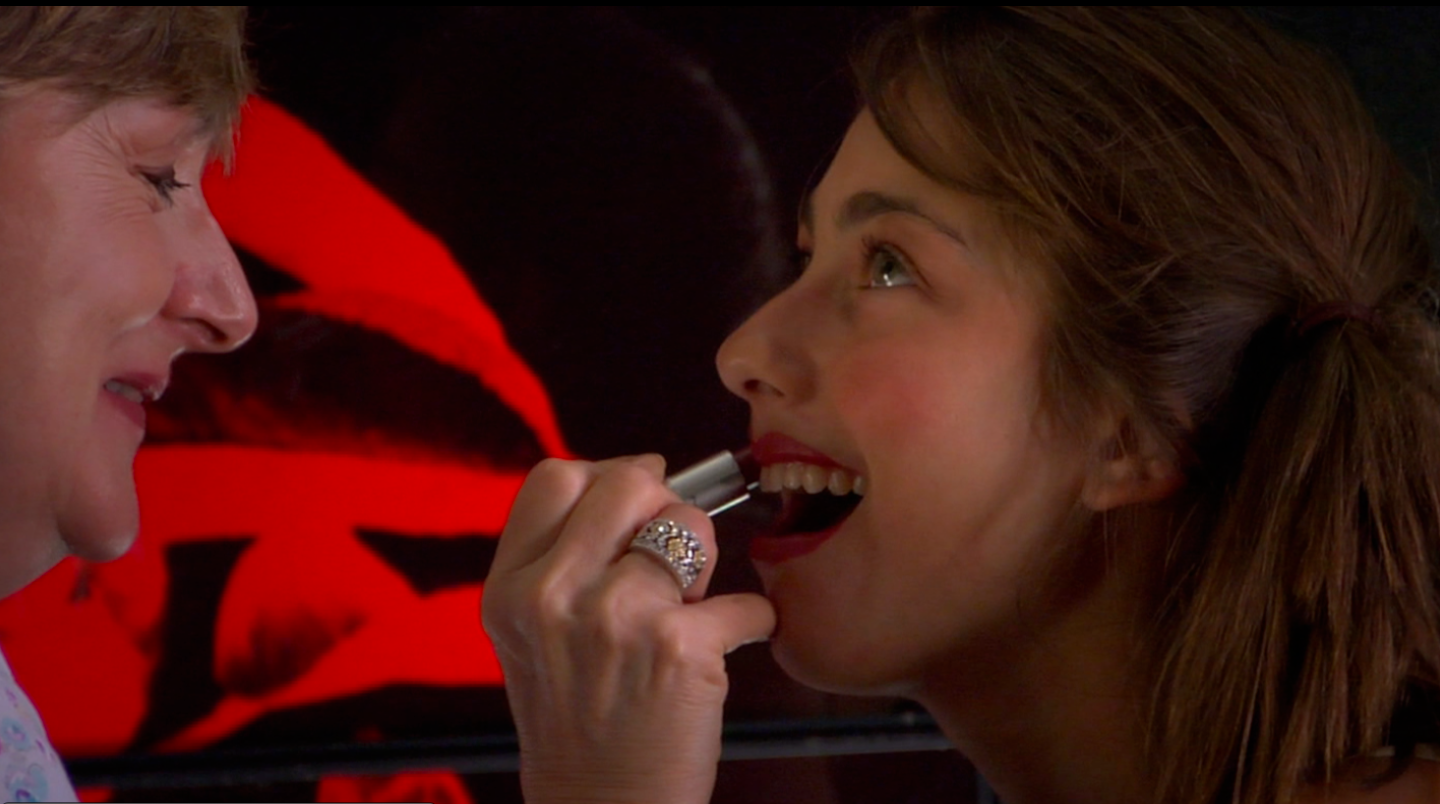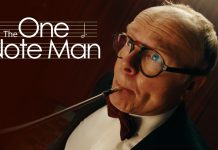In addition to producing five short films, Joanna Rudolph is an Executive Producer of the indie feature film Burning Annie (www.burningannie.com), which premiered at the Hamptons International Film Festival and is currently available to watch on TVOD platforms via Sundance Creative Distribution Initiative.
She recently co-wrote a coming-of-age feature film titled Beachwood and is seeking collaborators. Twitter: @icatcherfilms
Film And TV Now recently spoke with the producer about her film SUMMER WITH MRS. VON MAUSCH, directed by David Pomes.
https://www.movie-blogger.com/summer-with-mrs-von-mausch-a-short-drama-film/
FILM AND TV NOW: The film deals with multiple themes of detachment and the effect of divorce on a teenage girl, as well as the issue of mental health. What was the start off point for the short?
JOANNA RUDOLPH: The genesis of the short started with an 8 page script written by a friend of mine.
It was about an unlikely bond that is forged by a bored young girl and a heart-broken woman who are both stuck in their respective adjacent apartments for different reasons. I showed that script to David, who I met at the Gen Art Film Festival, where his debut feature film COOK COUNTY had its east coast premiere, asking him if he would want to direct it. He said yes under the stipulation that he could rewrite it.
While it was uncomfortable to ask my friend if David could rewrite his script, I didn’t hesitate as I was pretty confident that David would write something really meaningful and poignant. He did not disappoint. While David drew on some of the themes of my friend’s script (e.g. loneliness) and kept the locations, he changed everything else – from the character names to their backstories to the plot, SUMMER WITH MRS. VON MAUSCH is solely his brainchild.
FTVN: The use of Beethoven in the film and a number of images suggest a Kubrick influence, given that Symphony No. 9 has been used in A CLOCKWORK ORANGE (1971) and DIE HARD (1988). Were there any issues with rights?
JR: The music of Beethoven is in the public domain. However, the performance is not. I might get into trouble for saying this, but I did not obtain performer rights.
FTVN: Tell us about your cast.
JR: The actress who played the role of Summer (Molly Learner) is actually my cousin. We were spending a lot of time together, and I thought she would be good for the part. With David’s blessing, I cast her in the role of Summer. When it came to casting Claudia Von Mausch, David and I met with a few actresses, who were referred to us by a friend of his. David decided to go with Annie McGreevey, who had previously appeared in episodes of LAW AND ORDER. Since we didn’t have much time or money to cast Summer’s father, David agreed to play the part.
FTVN: Tell us about your production team.
JR: The first crew member to join the production was Branan Edgens, the editor of 2008 SXSW Audience Award Winner COOK COUNTY. Not only did Branan lens the short film, he edited it too.
As for the other crew members, several were sourced from https://www.mandy.com/, a jobs platform for cast, crew and creative professionals. However, several of my friends/family members also pitched in.
From Hwyel Berry, who served as the script supervisor/PA to Andy Frankenberger, who took the still photographs to my cousin Nick Night (https://nightflarecreative.com/)who created the pill box titles, their contributions were significant; the short film would not exist without them.
FTVN: Tell us about the New York locations you used.
JR: We shot in two luxury Upper East Side apartments in New York City, which gave us a lot of flexibility in terms of the number of rooms we could shoot in.
We didn’t have a set designer so what you see on-camera is how the apartments were decorated and furnished at that time. With both apartments being on high numbered floors, Branan and David were able to capture the expansive New York City views on-camera, which emphasized the loneliness the two main characters experience due to being stuck indoors.
FTVN: There are some key paintings on show in the short. Tell us about these and how much of a challenge is it to use artwork in a short film like this?
JR: The only challenge per se was obtaining permission to use the print “The Rape of The Sabine Women,” by artist Eve Susman, which hangs on the wall of the father’s bedroom. My cousin Peggy Bader put me in touch with her contact at the arts organization Creative Time, the print rights owner.
After reading the script, Creative Time told us we could use the print in the short film so long as they are acknowledged along with the artist in the end credits. As for the paintings featured, they are all David’s original creations so I didn’t have to go far to get permission to use them.
FTVN: What did you shoot the film on?
JR: We shot on the Panasonic HVX 200.
FTVN: How long did it take to shoot and how did you raise finance for the short?
JR: Truth is, my cousin funded the short film; she shares a producer credit with me and Branan. My production budget was $2,588.00 for a 2.5 day shoot.
FTVN: What were the key cinematic influences, aside from Kubrick, on this film?
JR: I can’t really answer this question since my job is to execute on the director’s vision so I asked David, who cited Hal Ashby as a cinematic influence.
FTVN: What issues and themes are you keen to explore in future works?
JR: As a producer, I look for projects that will have some kind of social impact and create more empathy in the world. Acceptance and forgiveness are themes that I’m interested in, but not exclusively. I co-wrote a coming of age feature length film, and its’ themes include identity, compassion, urban versus rural existence, and class and gender. It has heart and humour, which I think is a good combination.
FTVN: How much of an input did New York Women in Film and Television have on the short?
JR: New York Women in Film and Television had zero input on the short film. The non-profit organization served as the short film’s fiscal sponsor and promoted the short film in their member newsletter, on their website and on social media.
FTVN: Diversity and gender are big topics in the entertainment industry at present. What are you keen to see focused on in the coming years?
JR: I’d like to see more stories told by people who have been disenfranchised – in front of and/or behind the camera or both. The power lies with those individuals in the executive suites and the media. We need better representation in both arenas to really see any significant change.
FTVN: How has the current global situation affected your development and evolution as a film-maker / producer?
JR: I think there is more of an urgency to tell stories that reflect the times that we are living in.
There is an extraordinary socio-economic divide, which has to do with systemic racism and gender inequality. I’m definitely looking to contribute to projects that shine a light on these issues, but not exclusively.
More than anything, I’m looking for projects that can be shot safely during this most challenging time (e.g. keeping the crew small without any elaborate set-ups). Documentaries seem to be the most doable, but I am really open to all possibilities.
FTVN: Finally, what are you most proud of about this short film?
JR: David is most proud of the chemistry between Molly (Summer) and Annie (Claudia Von Mausch) and I am really proud of the short film reception since its Internet premiere.
In addition to it being featured on Movie-Blogger.com, Film Critic George White at IndieVisible.Net called SUMMER WITH MRS. VON MAUSCH “a stylish, charming little film with its heart in the right place” and Film Critic Alex Billington at FirstShowing.Net called it “an amusing 14-minute watch with a fun Ferris Bueller’s Day Off vibe to it.” It can’t get much better than being compared to an iconic John Hughes movie, right?


